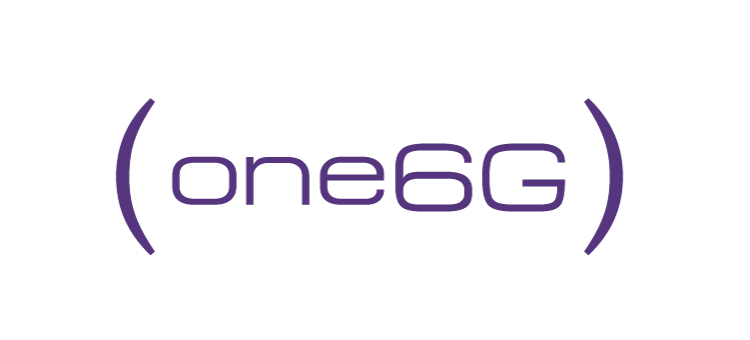Discussing a responsible future: Experts convene on 6G and AI ethics at the RTSI in Tunis

On August 24, 2025, the IEEE 9th Forum on Research and Technologies for Society and Industry Innovation (RTSI) hosted a one6G-endorsed workshop “Exploring Ethical Challenges in 6G IoT Robotics: Pathways to Innovation.” The event gathered leading experts from telecommunications, robotics, and AI ethics to delve into the complex ethical landscape emerging from the convergence of 6G, the Internet of Things (IoT), and robotics.
The workshop highlighted the unprecedented opportunities and challenges presented by 6G technologies, emphasizing the importance of integrating ethical frameworks into the design and deployment of autonomous systems. The discussions centered around critical themes, such as privacy, transparency, accountability, and societal impact.
Key Highlights:
- Mona Ghassemian, Principal Expert at Huawei, outlined how 6G’s capabilities, including Integrated Sensing and Communications (ISAC) and Hyper-Reliable Low Latency Communications (HRLLC), enable advanced robotic applications.
- Ali G. Hessami from Vega Systems focused on the implications of Agentic AI systems, advocating for robust safety frameworks that ensure ethical decision-making in autonomous technologies.
- Meng Lu of AEOLIX ITS emphasized the need for sustainable digital infrastructure, addressing the lifecycle emissions of ICT systems and the ethical dilemmas that arise from balancing supply and demand.
- Paulo Gonçalves from IDMEC presented insights on using ontologies and AI to create ethically aligned robotic systems, showcasing applications in elderly care.
- Sami Said from Tunisie Telecom discussed the ethical challenges faced by mobile network operators and the necessity for collaboration to establish shared ethical frameworks.
- Nihel Ben Youssef of the University of Tunis El Manar highlighted the mission of the Action for Industry Committee in fostering collaboration between academia and industry.
The workshop concluded with a strong consensus on the need for a proactive and ethical approach to the technological revolution brought about by 6G, IoT, and robotics. Participants were encouraged to collaborate on developing standards that will facilitate safe, sustainable, and equitable innovations in these fields.
For more information about the workshop, please visit the Workshop Program.
About RTSI
The IEEE Research and Technologies for Society and Industry (RTSI) forum is an annual event that brings together professionals from academia and industry to discuss how technology and engineering can positively impact society. The forum’s core mission is to promote cooperation and partnerships between these two sectors. It also serves as a platform for experts to present cutting-edge research, debate effective research policies with government agencies, and disseminate the latest discoveries. The event is structured to encourage a rich exchange of ideas through various formats, including tutorials, panels, technical sessions, workshops, and exhibitions. The 2025 forum featured several tracks focused on the applications of AI, such as AI for smart cities, energy and transportation systems, healthcare, industry, and cybersecurity. RTSI provides companies with an excellent opportunity to showcase their activities and contribute to the ongoing national and international dialogue on relevant technological advancements.
